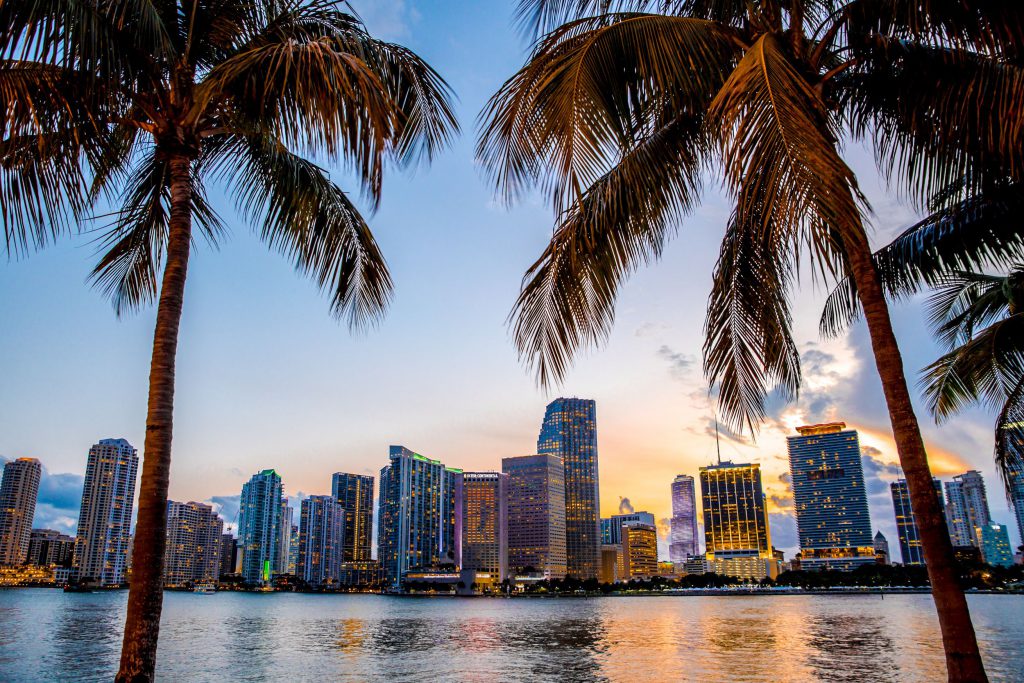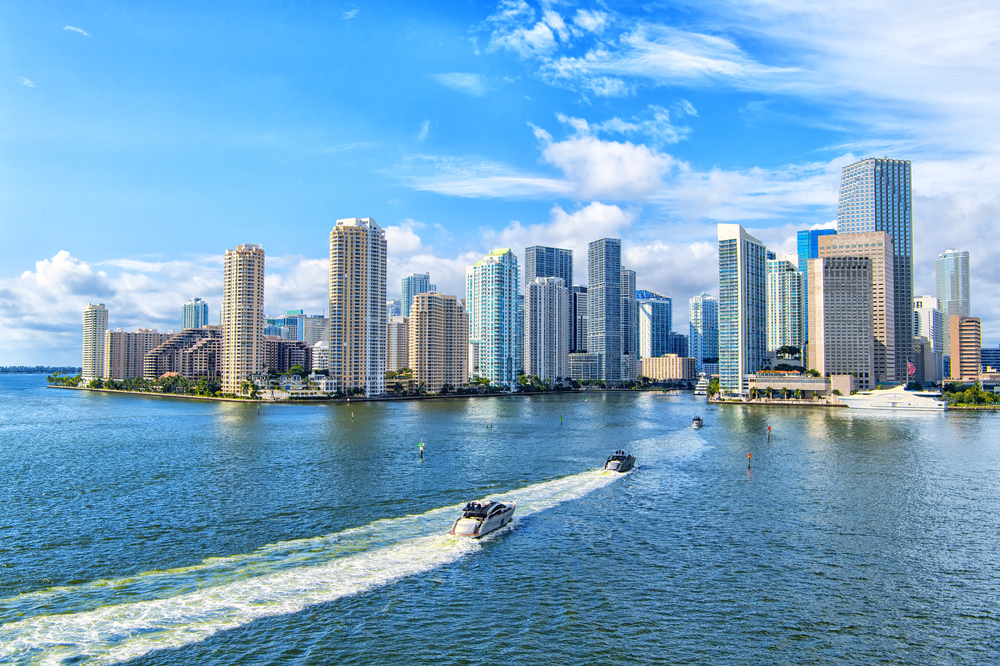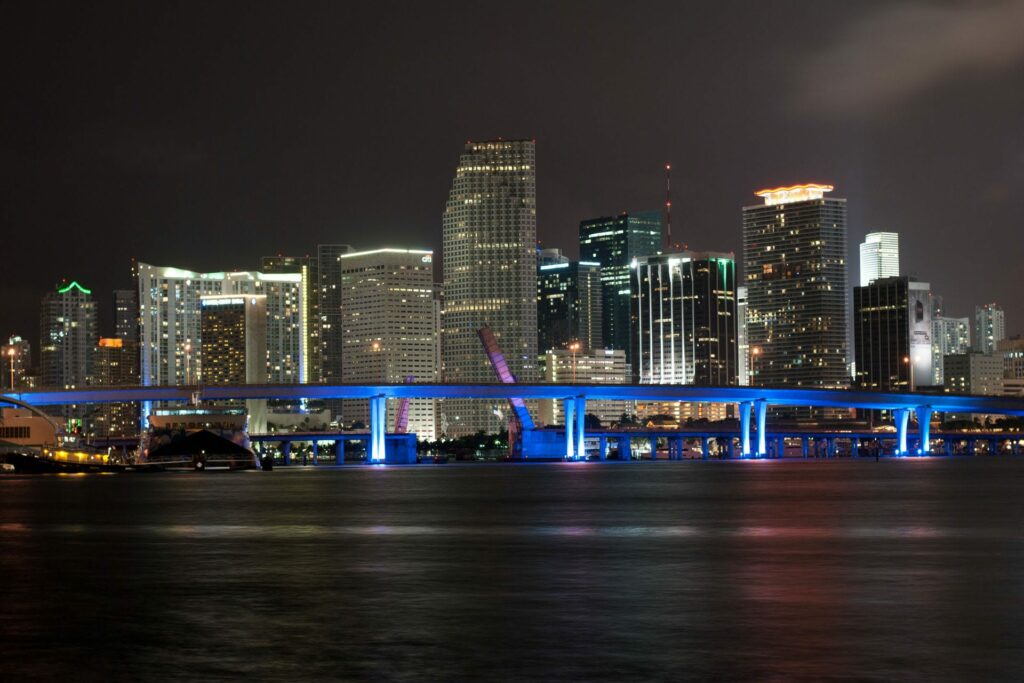Mississippi offers an excellent quality of life with stunning natural scenery, outdoor recreational opportunities, cultural events and education, friendly people, and diverse attractions. Hiking, boating, and camping are available at parks and public lands throughout the state. Art and history museums dot the landscape, and acclaimed Mississippi authors frequently make appearances for public readings. International performers entertain audiences in convention centers, auditoriums, theaters, and casinos.
Mississippi is an exciting state full of natural beauty, historic landmarks, and cultural attractions. This state is known as both the Magnolia State and the Hospitality State, giving a hint of the warm reception you’ll get when visiting Mississippi. When it comes to travel destinations, most states seem to get a lot more attention than Mississippi, but when you visit, not only will you enjoy an incredibly warm welcome, but you’ll have the chance to sample delicious southern home-cooked meals, fantastic blues tunes, the powdery shores of the Gulf Coast and a whole lot more.
Mississippi is a melting pot of people from around the world, and new friends are always welcome. Living in Mississippi puts residents at a confluence of Southern charm, innovation, and cutting-edge culture. Mississippi’s temperate climate and abundance of waterways make it a popular location for outdoor lovers.
If you’re moving to Mississippi, there are a lot of things you’re going to need to know. Luckily, you’ve come to the right place.
Here are a few pros and cons to consider as you make your move to The Magnolia State:
Although there has been significant improvement in employment and compensation in Mississippi since the mid-20th century, growth at the regional and national levels has been proportionately greater; consequently, in the early 21st century the state remained disadvantaged economically, with a per capita gross product that was among the lowest in the country. Manufacturing and services—primarily government (federal, state, and local), retail and wholesale trade, real estate, and health and social services—are the largest sectors of the state’s economy. The services sector has expanded particularly rapidly since the late 20th century.
Mississippi’s economy became less dependent on agriculture in the second half of the 20th century, and the number of farms and farm acreages declined significantly. By the early 21st century the sector represented only a tiny share of the state’s gross product and employed an even smaller segment of the population. Cotton, once king of Mississippi’s agricultural sector, now shares its reign with livestock, catfish from aquaculture, poultry, and various crops such as soybeans and sweet potatoes.
Petroleum and natural gas account for the great bulk (in volume and in value) of all minerals produced in Mississippi.
Mississippi has four major interstates running through it, and this makes it very easy to travel through the state, using the main highway. The Interstate runs through every city and most of the small towns. JATRAN is the transit system for Jackson, and it functions every hour or half-hour in during the weekdays and every hour on Saturdays. Unfortunately, there is no service on Sundays or during the evenings.
Mississippi is not up to the standards of other states, and sometimes, you may feel this disadvantage if you hail from a city with updates and regular forms of public transport. There are no light rails, trams or commuter trains in the state. Only city bus services are available because the state funds can’t afford more and the demand is less as well.
Mississippi has two international airports; Jackson- Evers International Airport and Gulfport- Biloxi International Airport.
Amtrak provides passenger service between Crescent and City of New Orleans.
Mississippi is a wonderful place to live. The state is filled with amazing cities that have topped national lists for things like livability, safety, job growth, and more.
The cheapest state to live in in the United States is Mississippi. Jackson, MS is 23.55% less expensive than New York. Family of four estimated monthly costs are 3,587.34$ without rent. A single person estimated monthly costs are 1,025.28$ without rent, and childcare in Jackson, MS is the cheapest in the country, costing about $4,500 a year. Food, health care, and many other necessities are among the least expensive in the nation.
But the downside is, the average salary is quite low as well. Jackson city has the highest annual wages, and Meridian city has the lowest. Mississippi also has the lowest per capita income out of all states, but also the nation’s lowest living costs. In spite of the low-income rates, Mississippians rank as one of the highest per capita in charitable contributions.
Moving is one of the most exciting and overwhelming events in our lives. While there are many moving companies and various different resources to choose from, there is only one Real Movers. If you are in the process of planning a long-distance move, and you are looking for a moving company you can trust, Real Movers is your perfect choice.















